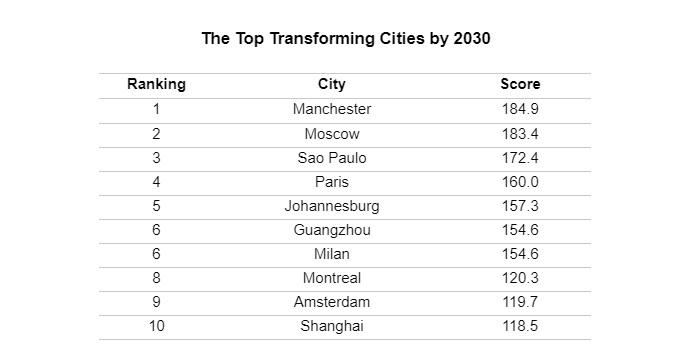News
Usage of cars to decrease in favour of sustainable transport
According to Kantar’s Mobility Futures study, usage of private cars in some of the world’s largest cities will decrease by 10% over the next decade. It was revealed at the UN-Habitat World Urban Forum.
Cars will be replaced by more environment-friendly ways of transport like public transport, cycling and walking. These are expected to account for 49% of all trips undertaken within cities. Cars are expected to account for 46%, while the remaining 5% is expected to be taxi and ride-sharing trips along with other modes like ferries.
Cycling is expected to be the fastest-growing mode of transport. It could rise by 18% by 2030, while walking and public transport usage could rise by 15% and 6% respectively.
31 cities were surveyed and 36.7 million city-dwellers are expected to change the way they travel. Manchester is expected to see the biggest change, followed by Moscow and São Paulo. The most tech-ready cities are said to be Amsterdam, London and Los Angeles.
The study suggests 3 mobility concepts - Mobility-as-a-Service (MaaS), which integrates public transport and car / bike sharing to a single app, mobility hubs, which are located outside the cities and commuters can switch from cars to electric buses, bikes and scooters to decongest cities, and autonomous parcel delivery.
However, some cities like Berlin, Amsterdam and New York are prepared for the future of mobility but face a lack of confidence from its citizens.



















